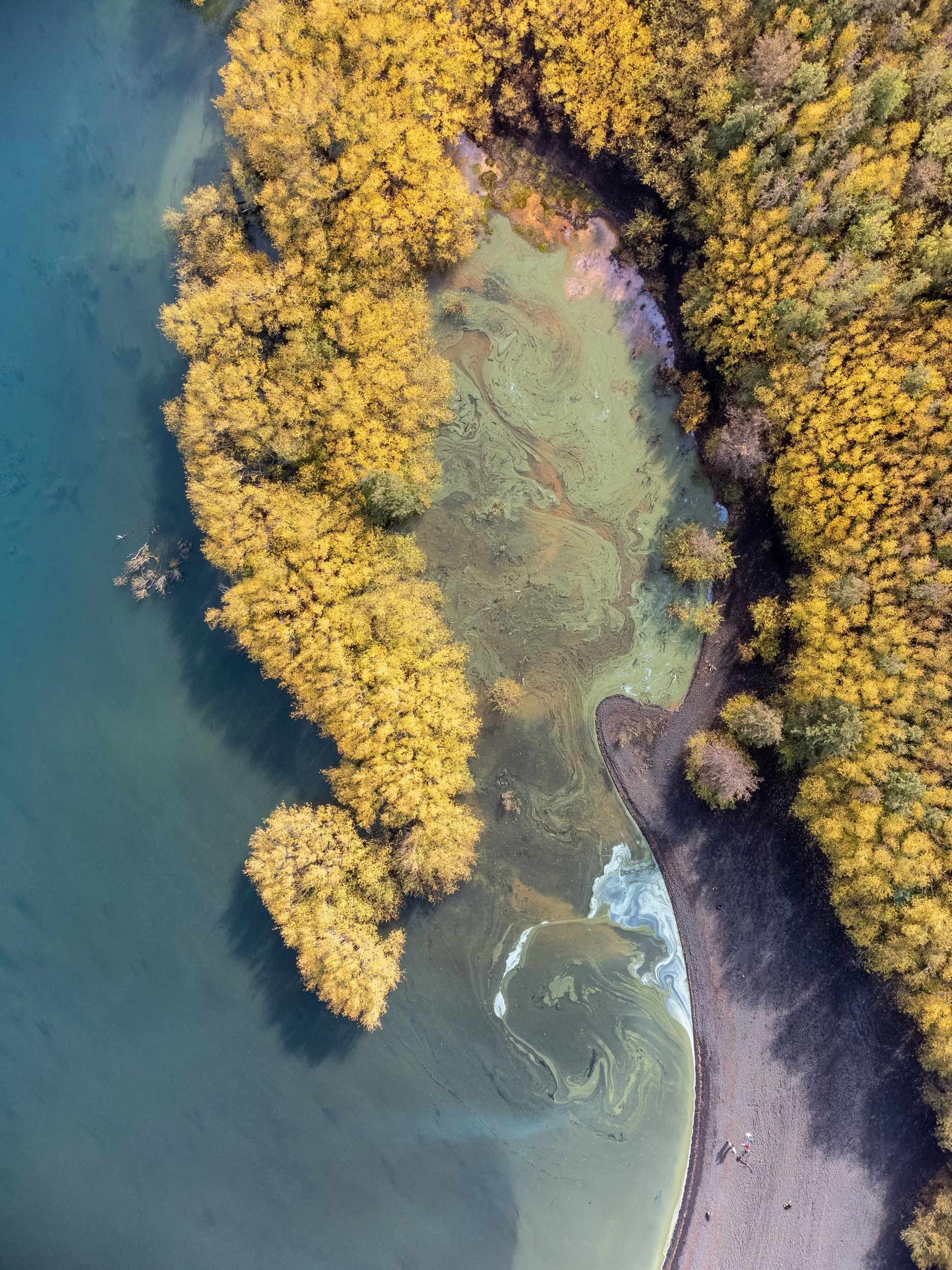Towards a sustainable phosphorus future for freshwater and coastal ecosystems.
Bringing together global communities to deliver a sustainable phosphorus future to protect our freshwater and coastal ecosystems.
The phosphorus challenge
Phosphorus is an essential component of fertilisers and therefore critical for the global food system. However, unsustainable use of phosphorus can lead to water pollution. To find out more follow the links below.
Food security and healthy freshwater ecosystems are placed at jeopardy by poor phosphorus management. Find out about the Freshwater Challenge and UNEP’s mission to protect lakes through the UN Decade, and why concerns on the environmental impact of phosphorus are mounting.
The major challenges and solutions of meeting the Global Phosphorus Challenge are detailed in the science-led Our Phosphorus Future report.
Our mission
Our mission is to widen the scope and accelerate the development of phosphorus emissions reduction programmes globally.
There is international recognition of the need for an Emergency Recovery Plan for freshwater ecosystems and the case for lakes was recognised at the UN Water Conference 2023. Unsustainable phosphorus management is a key driver of freshwater ecosystem degradation and underscores a raft of United Nations Environment Assembly Resolutions on lakes and global goals, including UN SDG 6, the Kunming-Montreal Global Biodiversity Framework Target 2 and Target 7, and the UN Decade on Ecosystem Restoration. uPcycle will demonstrate the benefits of embedding sustainable phosphorus management across these wider sustainability goals.
Our approach
uPcycle will develop a new scalable approach for nature-positive sustainable phosphorus management. This approach will champion re-use and recycling innovations to address biodiversity loss, water quality degradation and societal impacts across freshwater and coastal ecosystems. uPcycle recognises that lakes are at the front line of phosphorus pollution yet clarity on impacts and solutions is urgently needed. uPcycle will foster an inclusive approach bringing together communities from basin to global scale.
Our commitments
01
Provide clarity on global phosphorus emissions
We commit to publishing a global phosphorus dashboard providing clarity on emissions, drivers and impacts. In doing so, we will foster new cross-sector synergies to reduce ecosystem impacts and build capacity to predict the effects of future mitigation and environmental change scenarios.
02
Mobilise the global community behind the uPcycle Framework
We commit to establishing a ‘Global Net Zero Phosphorus Expert Group’ to collaborate with the Global Community of Restoration Practitioners to develop, test, and operationalise the uPcycle Framework into a Monitoring and Assessment Approach.
03
Demonstrate our Monitoring and Assessment Approach in Chile
Led by the Chilean Ministry of Environment, we commit to demonstrating the Framework through the existing Lake Villarrica recovery plan and assessing opportunities for up-scaling sustainable phosphorus management within national and transboundary policy contexts.
Journal
For all project news, and news from the wider global sustainable phosphorus community.
Meet the Team
-

Bryan Spears
-

Will Brownlie
-

Issy Lewis
-

Isabelle Vanderbeck
-

Natalie Alem Zabalaga
-

Phil Taylor
-

Helen Coskeran
-

Anne Doeser
-

Alejandro Dussaillant
-

Pablo Etcharren Ulloa
-

Linda May
-

Sergio Sairafi Bazan
-

Erica Zaja
OUR PARTNERSWe take pride in our valuable partnerships.
The “Towards Sustainable Phosphorus Cycles in Lake Catchments” (uPcycle) project is a two year project (2024-2026). The project is funded the Global the Global Environment Facility (GEF), implemented by the United Nations Environment Programme (UNEP) and executed by the UK Centre for Ecology & Hydrology and the Chilean Ministry of Environment with support of an international group of project partners and the uPcycle co-financing community.
Collaboration between our project partners and wider networks is the key stone to the success of the initiative. Together, we are working hard to develop the tools to protect and restore our precious lakes, and make a lasting impact on healthy waters for the future.







